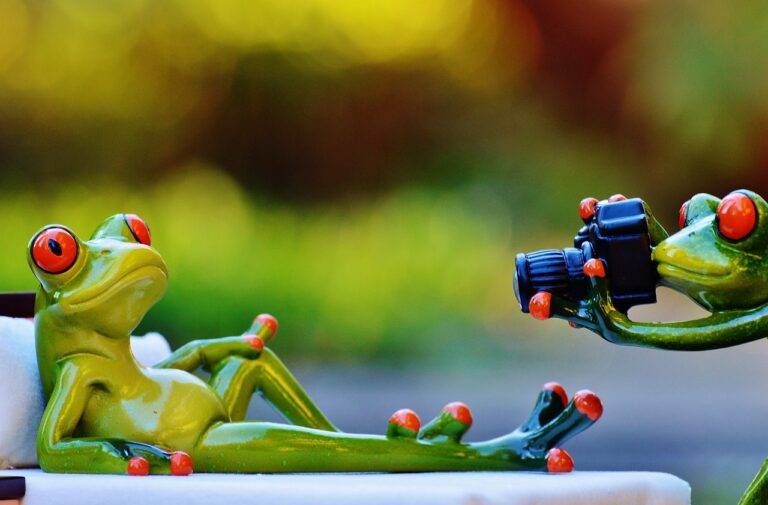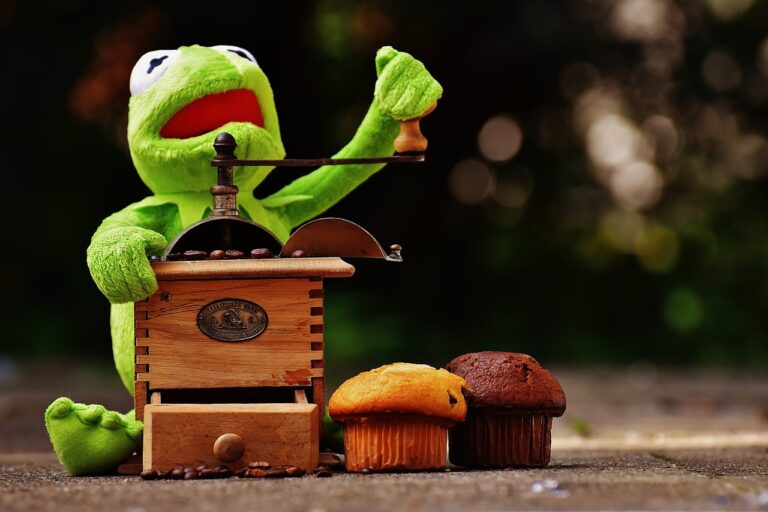Diversity in Hollywood: Advancements and Remaining Challenges
The lack of diversity in Hollywood remains a significant challenge for minorities in the entertainment industry. Despite efforts to improve representation, many individuals from marginalized communities still struggle to secure meaningful roles that accurately reflect their backgrounds and experiences. This underrepresentation not only limits opportunities for minority actors, but also perpetuates harmful stereotypes and reinforces existing power imbalances within the industry.
Furthermore, minorities face barriers to entry at various stages of their careers, from casting decisions to behind-the-scenes opportunities. The limited visibility and recognition of minority talent can make it difficult for aspiring actors and filmmakers to break into the industry and showcase their abilities. As a result, many talented individuals are forced to navigate a system that often prioritizes mainstream narratives and fails to fully embrace the richness and diversity of stories that exist within minority communities.
Representation of Different Ethnic Groups in Film
In the realm of cinema, the representation of diverse ethnic groups has long been a subject of intense scrutiny and debate. The portrayal of minorities on the silver screen has often been lacking in both quantity and quality, with many individuals feeling marginalized and stereotyped in the roles they are offered. The underrepresentation of minority groups in film not only limits opportunities for talented actors but also perpetuates harmful stereotypes and reinforces societal biases.
Moreover, the issue extends beyond the actors themselves to encompass the stories being told. Many films fail to accurately depict the complexities of diverse cultures and instead resort to tired clichés and tropes. This lack of authentic representation not only robs audiences of the opportunity to engage with diverse narratives but also hinders the industry’s ability to reflect the true diversity of the world we live in.
• Inaccurate portrayals of ethnic groups can perpetuate harmful stereotypes
• Underrepresentation limits opportunities for talented actors from minority backgrounds
• Lack of authentic representation robs audiences of diverse narratives
• Industry’s failure to reflect true diversity hinders progress in promoting inclusivity and understanding
Gender Diversity in the Entertainment Industry
In recent years, there has been a growing awareness of the lack of gender diversity in the entertainment industry. Women have historically faced challenges in breaking through gender barriers in Hollywood, with limited opportunities for roles both on-screen and behind the scenes. Despite strides towards more inclusive representation, the industry still grapples with deep-rooted issues of sexism and unequal pay.
Actresses continue to speak out about the gender disparity in Hollywood, shedding light on instances of discrimination and unequal treatment based on gender. The #MeToo movement has brought to the forefront the pervasive issue of sexual harassment and misconduct in the entertainment industry, prompting calls for systemic change and greater accountability. As conversations around gender diversity in entertainment evolve, there is a growing emphasis on the need for more diverse and inclusive stories that accurately reflect the experiences of women from all walks of life.
What are some of the challenges faced by minorities in Hollywood?
Some of the challenges faced by minorities in Hollywood include limited opportunities for roles, stereotyping in casting decisions, and lack of representation both on-screen and behind the scenes.
How diverse is the representation of different ethnic groups in film?
The representation of different ethnic groups in film varies, with some groups being underrepresented or misrepresented in mainstream media. There is a growing push for more diversity and inclusivity in casting and storytelling.
Why is gender diversity important in the entertainment industry?
Gender diversity is important in the entertainment industry because it allows for a more accurate reflection of society, promotes equality and inclusivity, and opens up opportunities for talented individuals from all backgrounds to showcase their skills.
What can be done to improve gender diversity in the entertainment industry?
To improve gender diversity in the entertainment industry, measures such as inclusive casting practices, diverse storytelling, and promoting diversity in leadership roles can be implemented. It is also important for industry stakeholders to actively support and uplift underrepresented voices.







